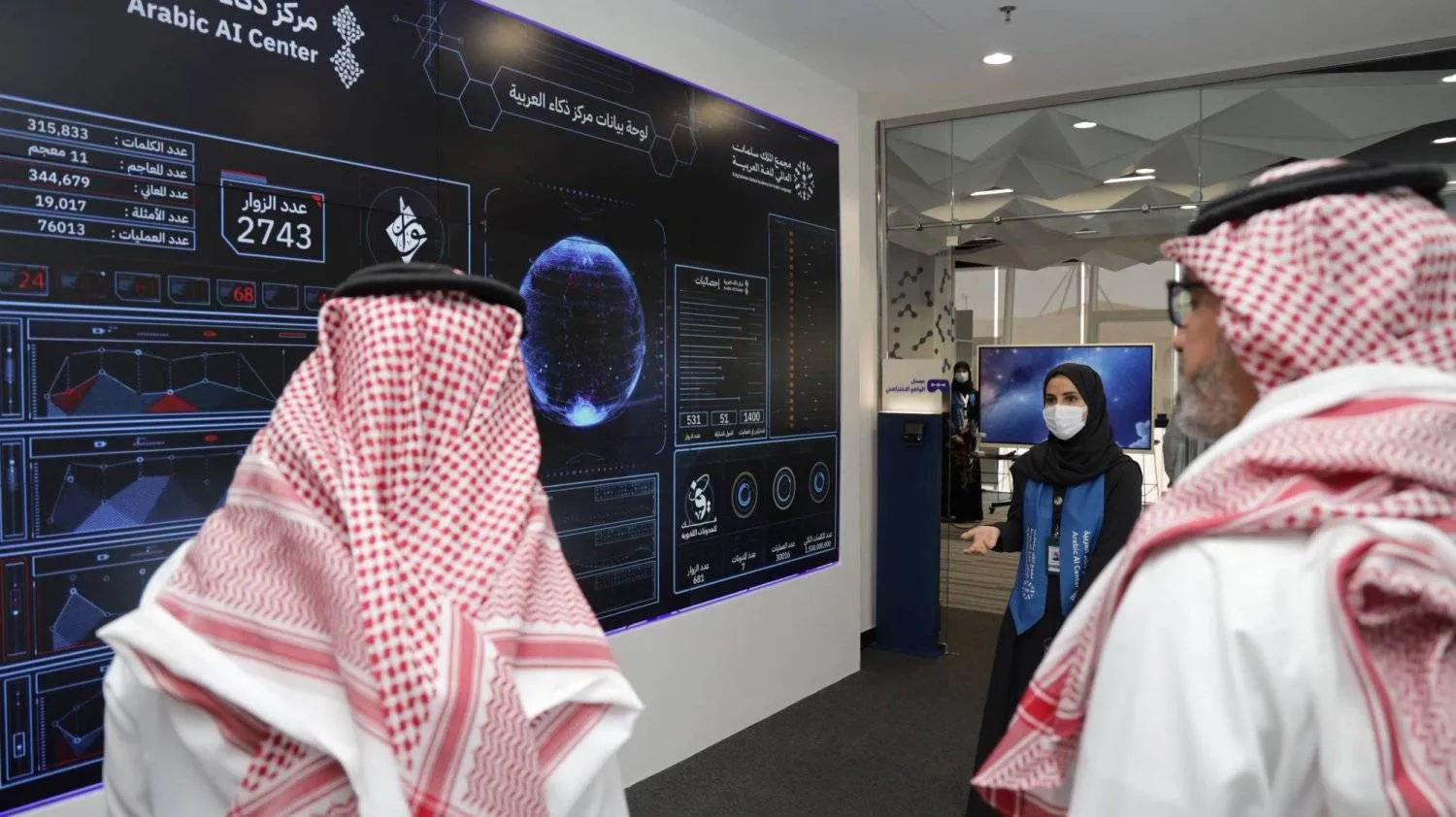Saudi Arabia has launched the world's first international center dedicated to enhancing the Arabic language using artificial intelligence (AI).
The center, known as the “Arabic Intelligence Center,” provides automated services and technical support for Arabic language processing.
It aims to strengthen Arabic in the digital realm, making it more competitive globally.
Operated by the King Salman Global Academy for Arabic Language from Riyadh, the center encourages research and innovation in language computing while offering specialized expertise and data infrastructure for AI-driven Arabic language applications.
Dr. Abdullah Al-Washmi, Secretary-General of the Academy, highlighted that the newly established center is the world’s first specialized hub for automated Arabic language processing.
It aims to enrich Arabic content using AI and support research, applications, and capabilities in AI and Arabic language fields.
The center also contributes to achieving the goals of Saudi Arabia’s national transformation plan, “Vision 2030,” aiming for global leadership in this area.
Its vision is to advance the Arabic language using AI, while its mission focuses on providing comprehensive services to empower users to enhance Arabic language leadership locally and globally.
Moreover, the center is made up of five main labs, each with its own role.
The center provides various services like technical and linguistic advice on AI-driven Arabic language processing. It also hosts meetings, courses, and offers licenses for researchers.
It supports studies aligned with its goals and aids in data tagging for joint research. The center aims to connect modern tech with Arabic, preserve the language, establish global linguistic standards, and enhance AI in Arabic language processing, both locally and globally.
The center aims to set and implement standards and rules for automating Arabic language processing.
It wants to foster impactful research and innovations in this field using AI and develop useful applications.
Also, it aims to train people to global standards and localize knowledge in Arabic language processing. By doing so, it hopes to compete with other languages.









